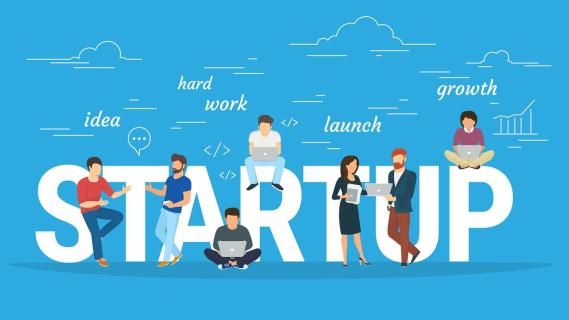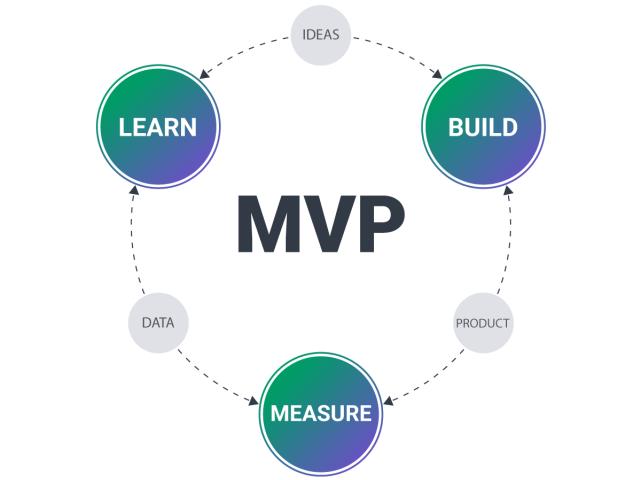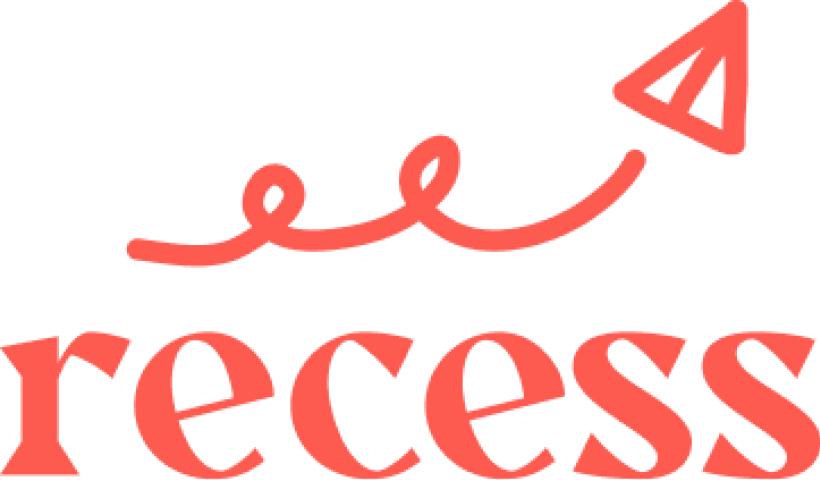The Lean Startup methodology, pioneered by Eric Ries, has revolutionized how new ventures approach the process of building businesses. At its core, Lean Startup is about creating more value with fewer resources by applying principles of lean manufacturing to the startup environment. This approach emphasizes flexibility, customer feedback, and iterative design, enabling startups to navigate uncertainty and optimize their chances of success.
Lean Startup is fundamentally different from traditional business plans that rely on extensive upfront planning and assumptions about customer needs. Instead, it advocates for a scientific approach to entrepreneurship where hypotheses are tested through experiments, and strategies are adjusted based on real-world data. This shift in mindset helps startups avoid wasted effort and resources on ideas that may not resonate with the market.
One of the key tenets of Lean Startup is the concept of the Minimum Viable Product (MVP). An MVP is a simplified version of a product that allows the team to collect the maximum amount of validated learning about customers with the least amount of effort. By launching an MVP, startups can quickly gather feedback from early adopters and determine whether their assumptions about the market are correct. This iterative process of building, measuring, and learning helps entrepreneurs to refine their product and business model before committing significant resources.
Customer feedback plays a central role in the Lean Startup approach. By engaging with customers early and often, startups can better understand their needs and pain points. This direct line of communication helps to ensure that the product being developed solves a real problem and provides value. Moreover, this continuous feedback loop fosters a culture of learning and adaptation, where changes are made based on evidence rather than intuition.
Another crucial aspect of Lean Startup is the use of actionable metrics. Traditional business metrics might focus on vanity numbers such as website visits or app downloads, which do not necessarily correlate with long-term success. Lean Startup advocates for metrics that provide insight into customer behavior and business performance, such as customer acquisition cost, churn rate, and lifetime value. These metrics help startups to make informed decisions and pivot their strategy when necessary.
Pivoting is an integral part of the Lean Startup methodology. When experiments reveal that an initial hypothesis is flawed, startups must be willing to change direction. This might involve altering the product, target market, or business model. The ability to pivot quickly and effectively can be the difference between success and failure. By embracing this flexibility, startups can better navigate the uncertainties of the market and find a path to sustainable growth.
Lean Startup also promotes a culture of experimentation and innovation. In this environment, failure is not seen as a setback but as an opportunity to learn and improve. Startups are encouraged to test their assumptions rigorously and to view each iteration as a step towards finding a viable business model. This experimental mindset helps to foster creativity and resilience, essential qualities for any entrepreneurial venture.
Furthermore, Lean Startup principles can be applied beyond the realm of new ventures. Established companies are increasingly adopting these methods to innovate and stay competitive. By fostering a startup mentality within larger organizations, businesses can become more agile and responsive to market changes. This ability to adapt quickly to new opportunities and challenges is critical in today’s fast-paced business landscape.
The Lean Startup methodology offers a robust framework for building businesses in an efficient, customer-centric manner. By focusing on validated learning, rapid experimentation, and flexibility, startups can reduce the risks associated with launching new products and increase their chances of success. This approach not only benefits new ventures but also offers valuable insights for established companies looking to innovate and remain relevant. Embracing Lean Startup principles is a strategic move for any organization aiming to thrive in an increasingly uncertain and dynamic market.



















